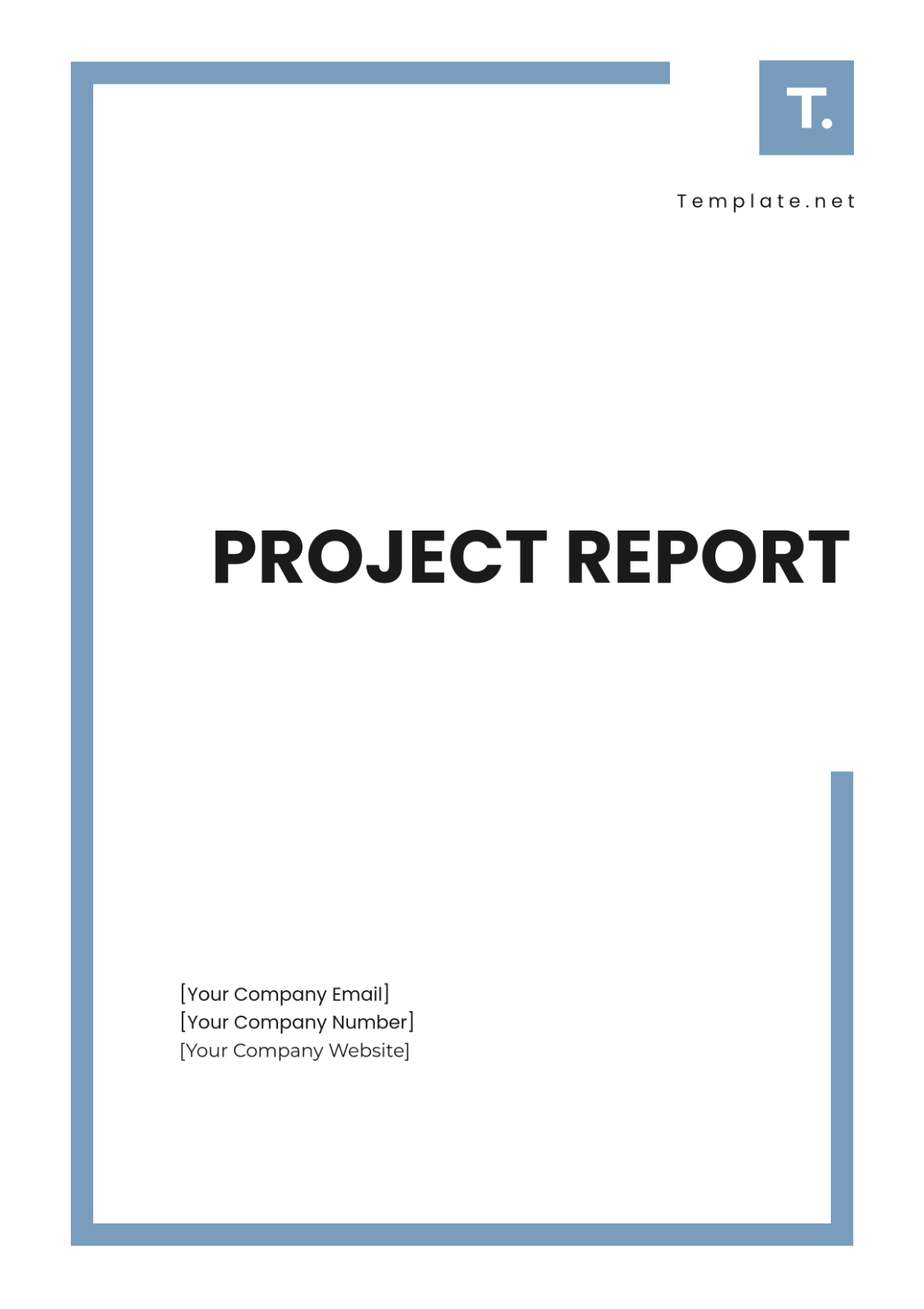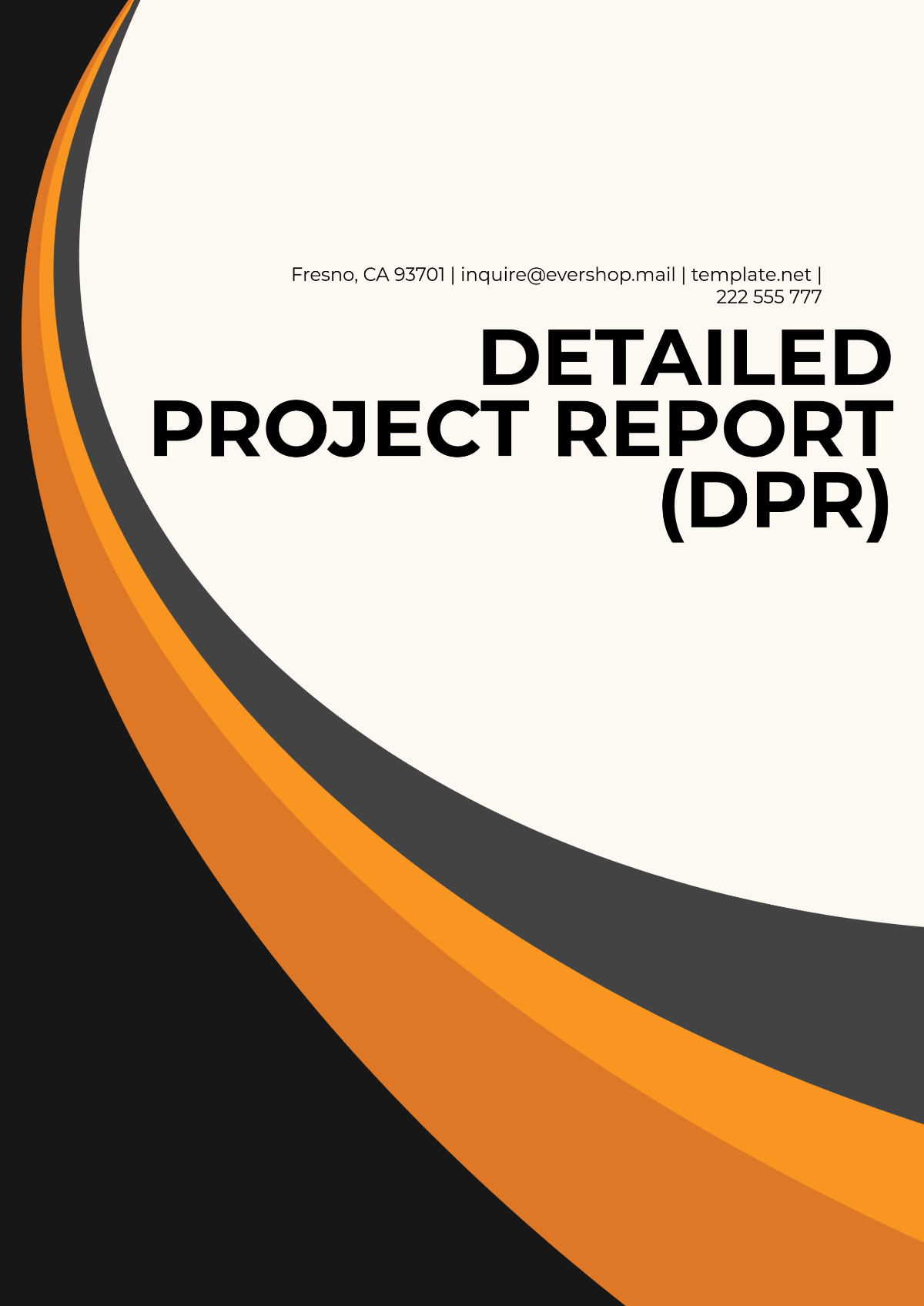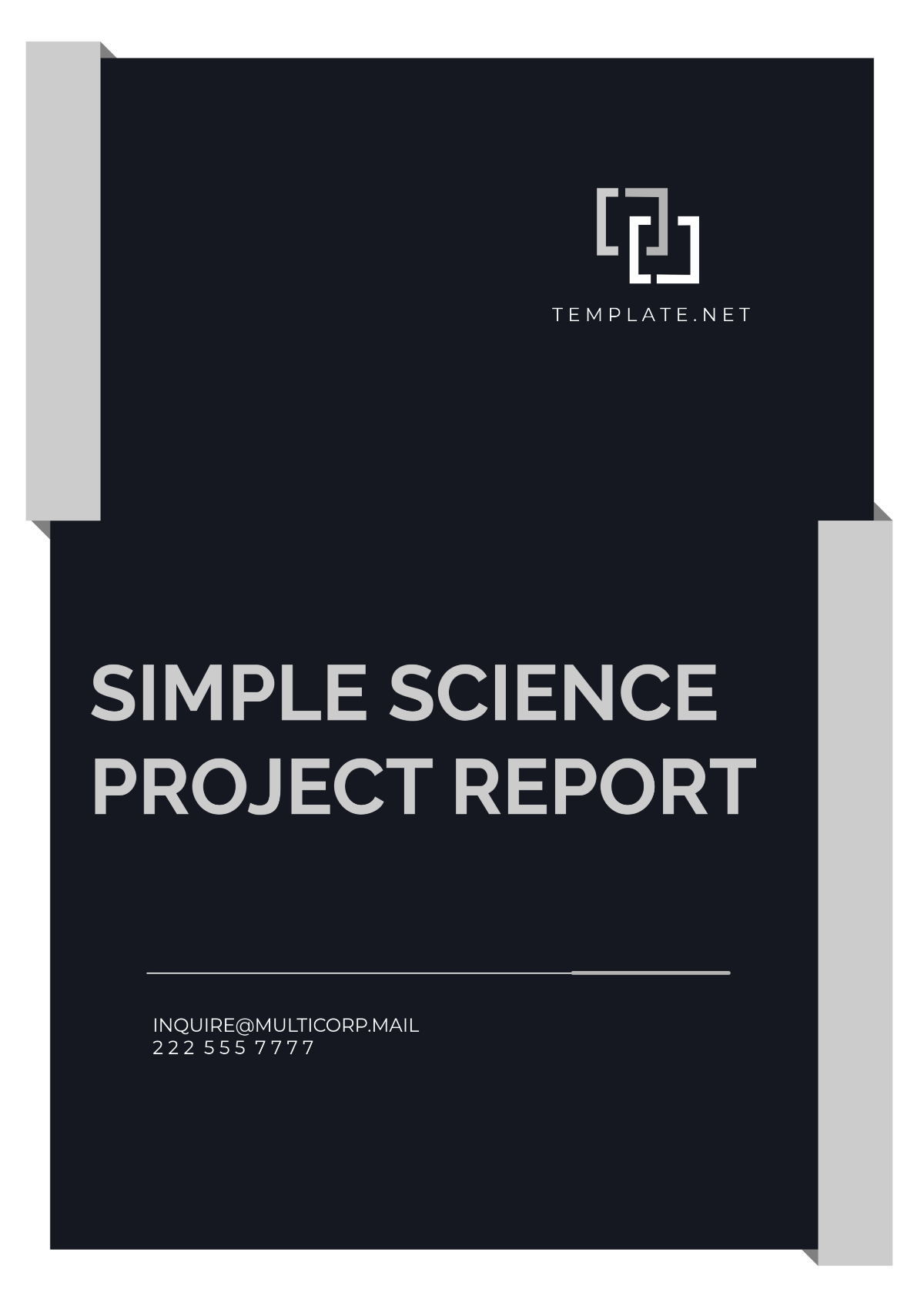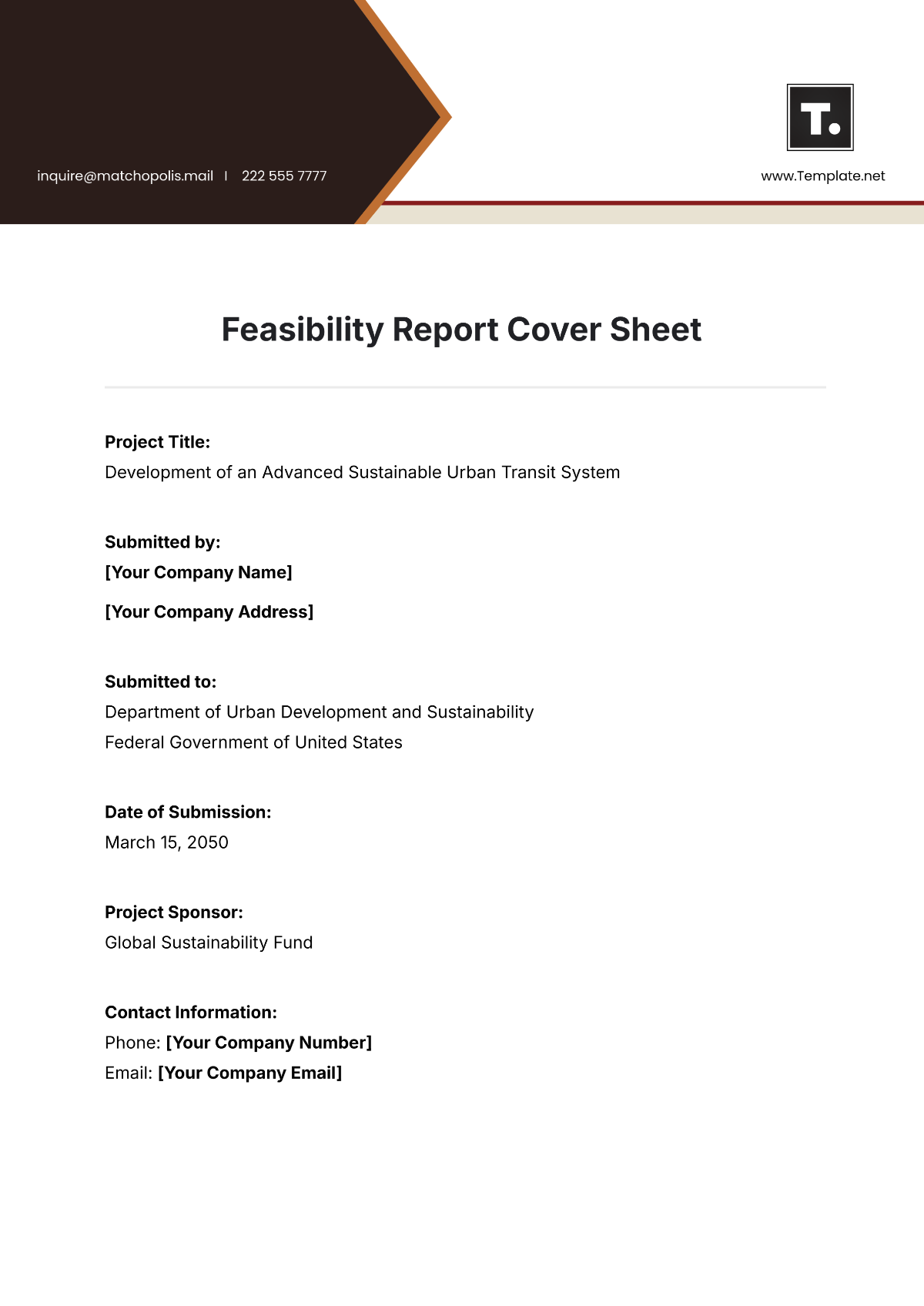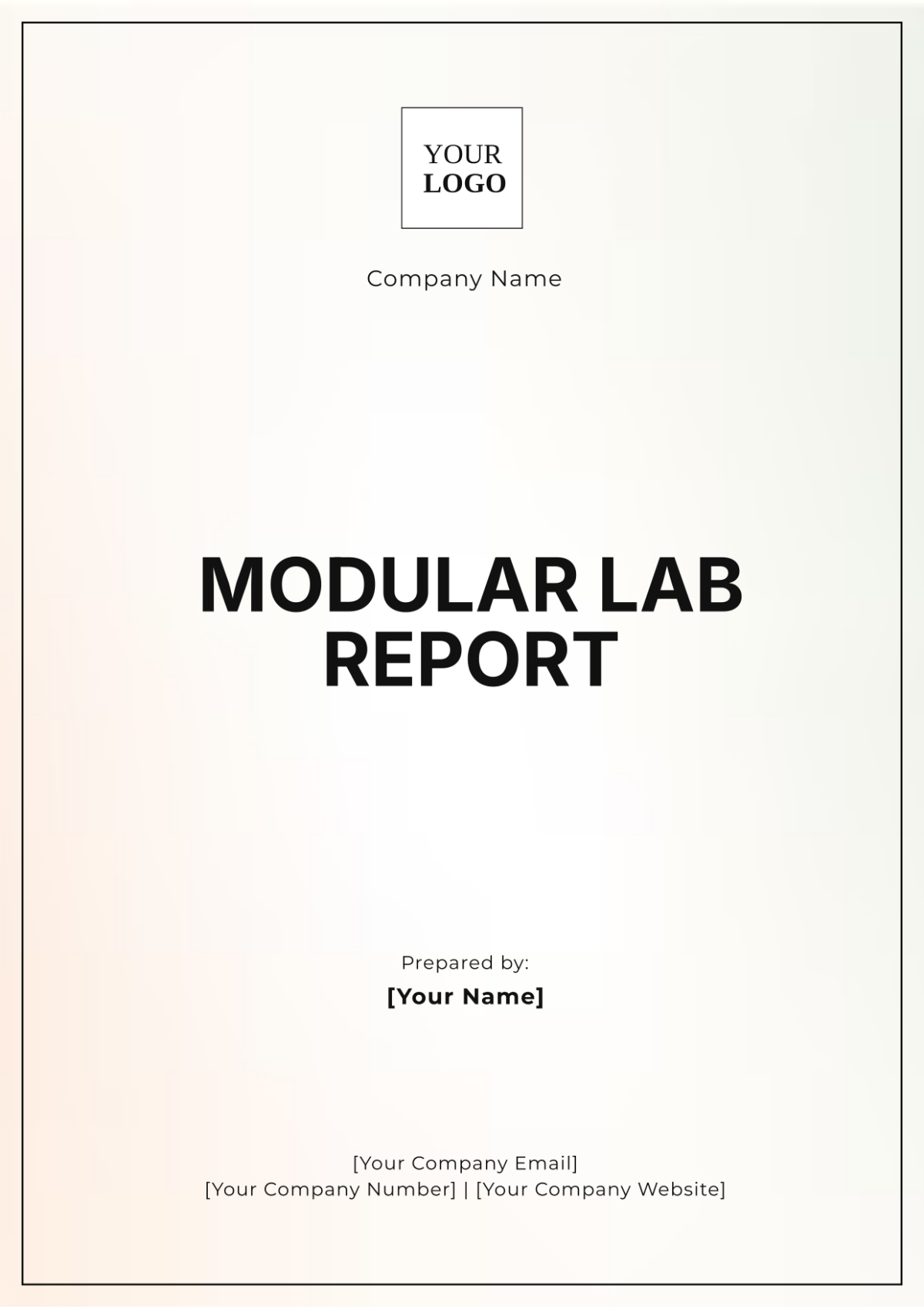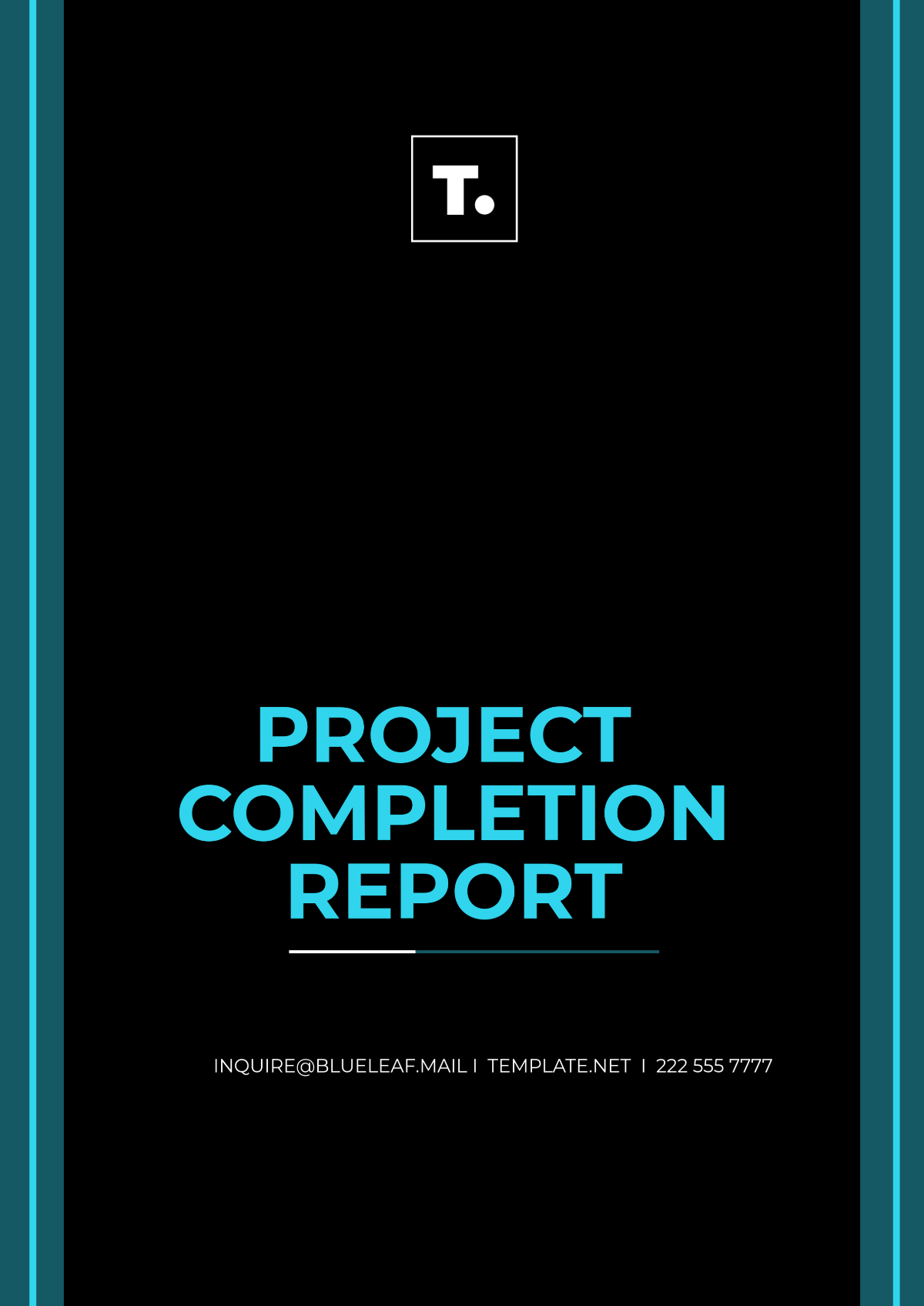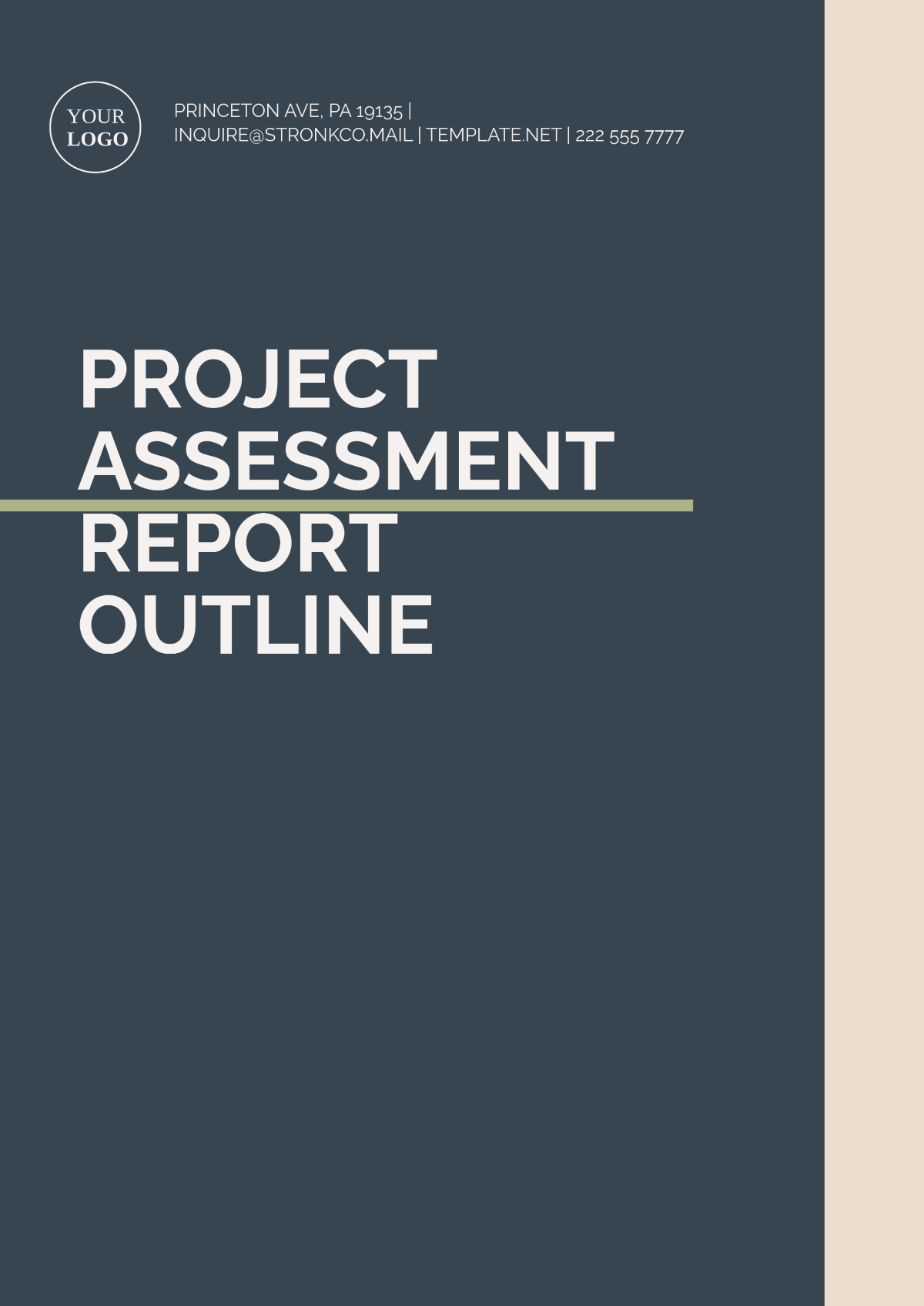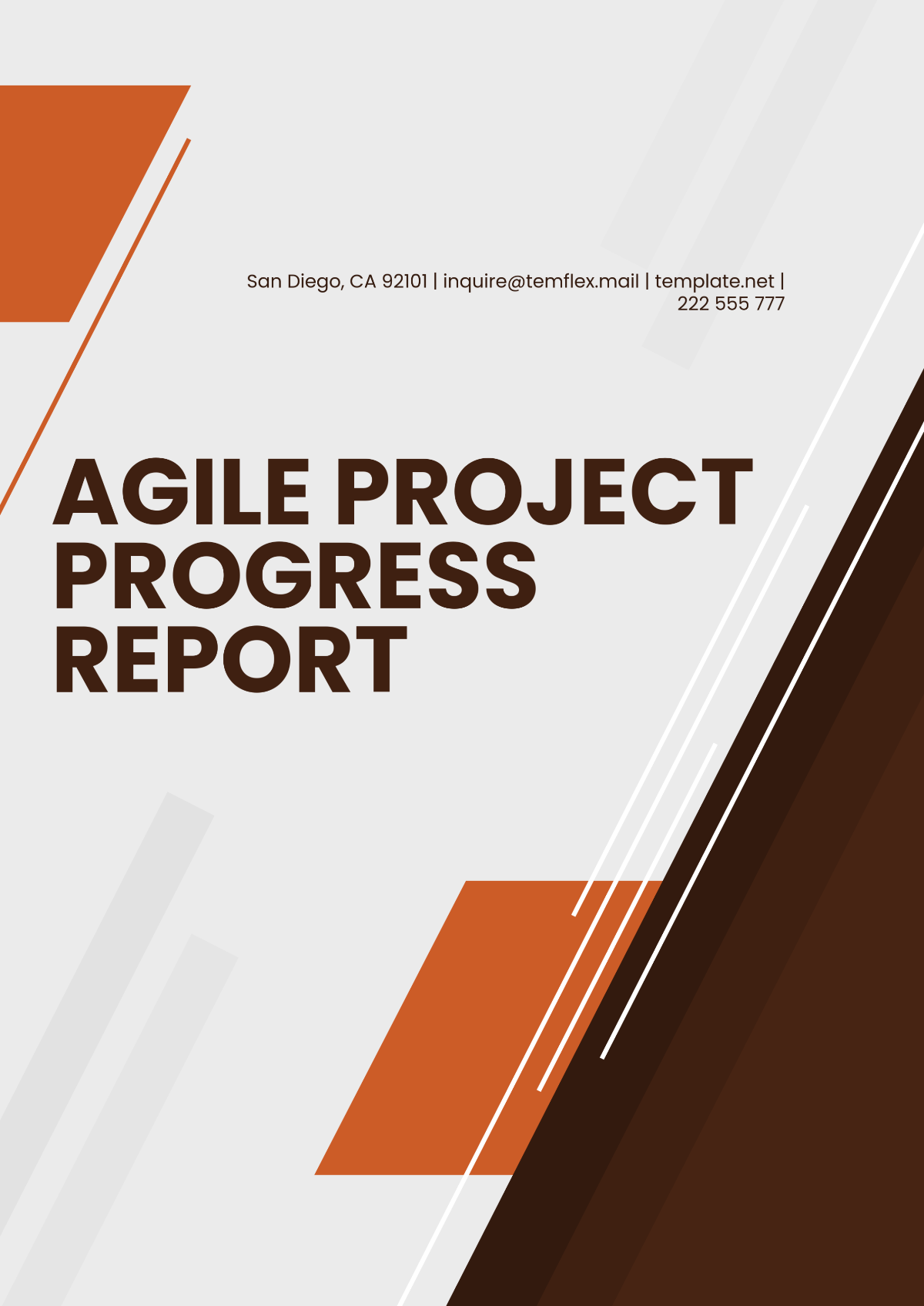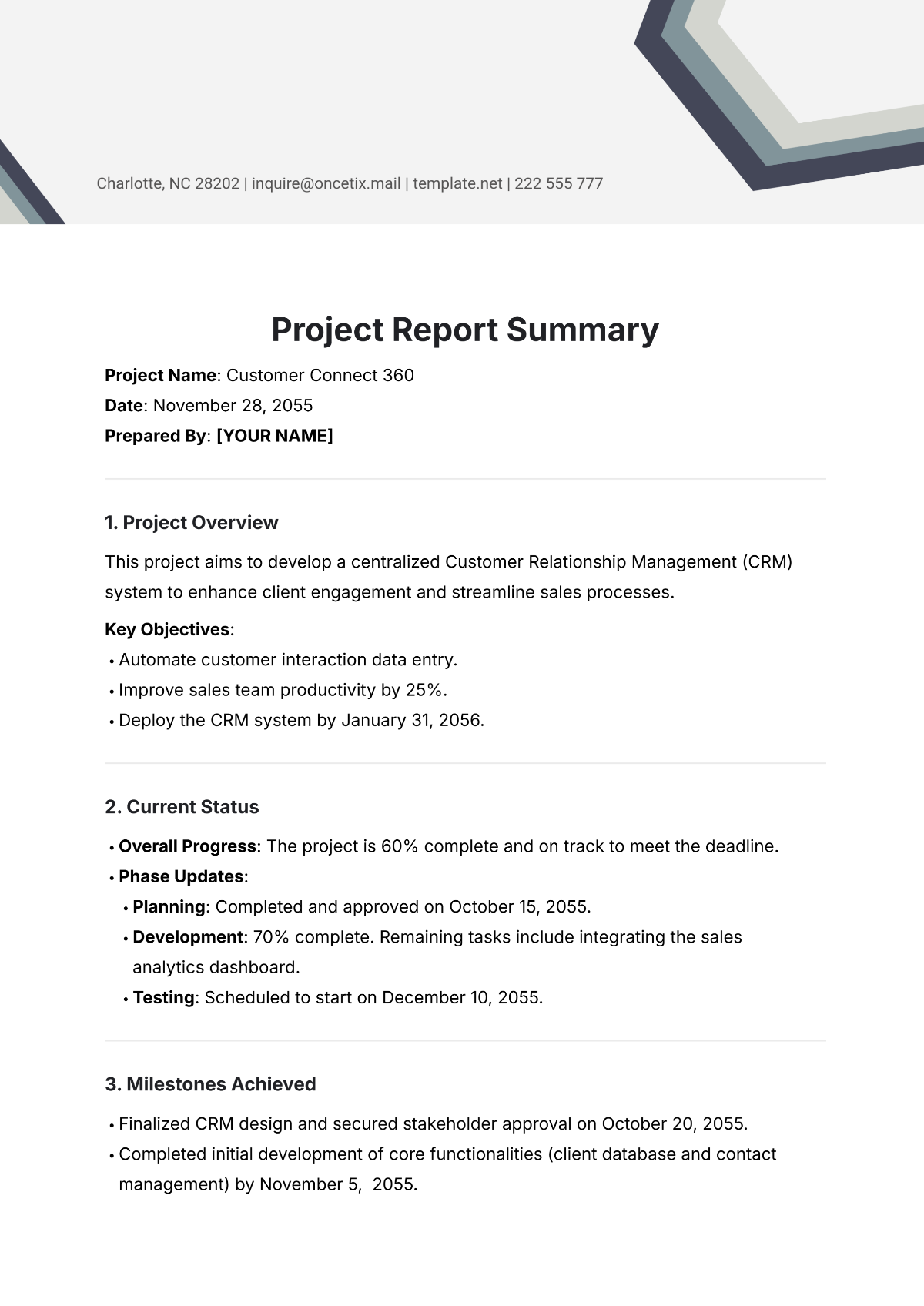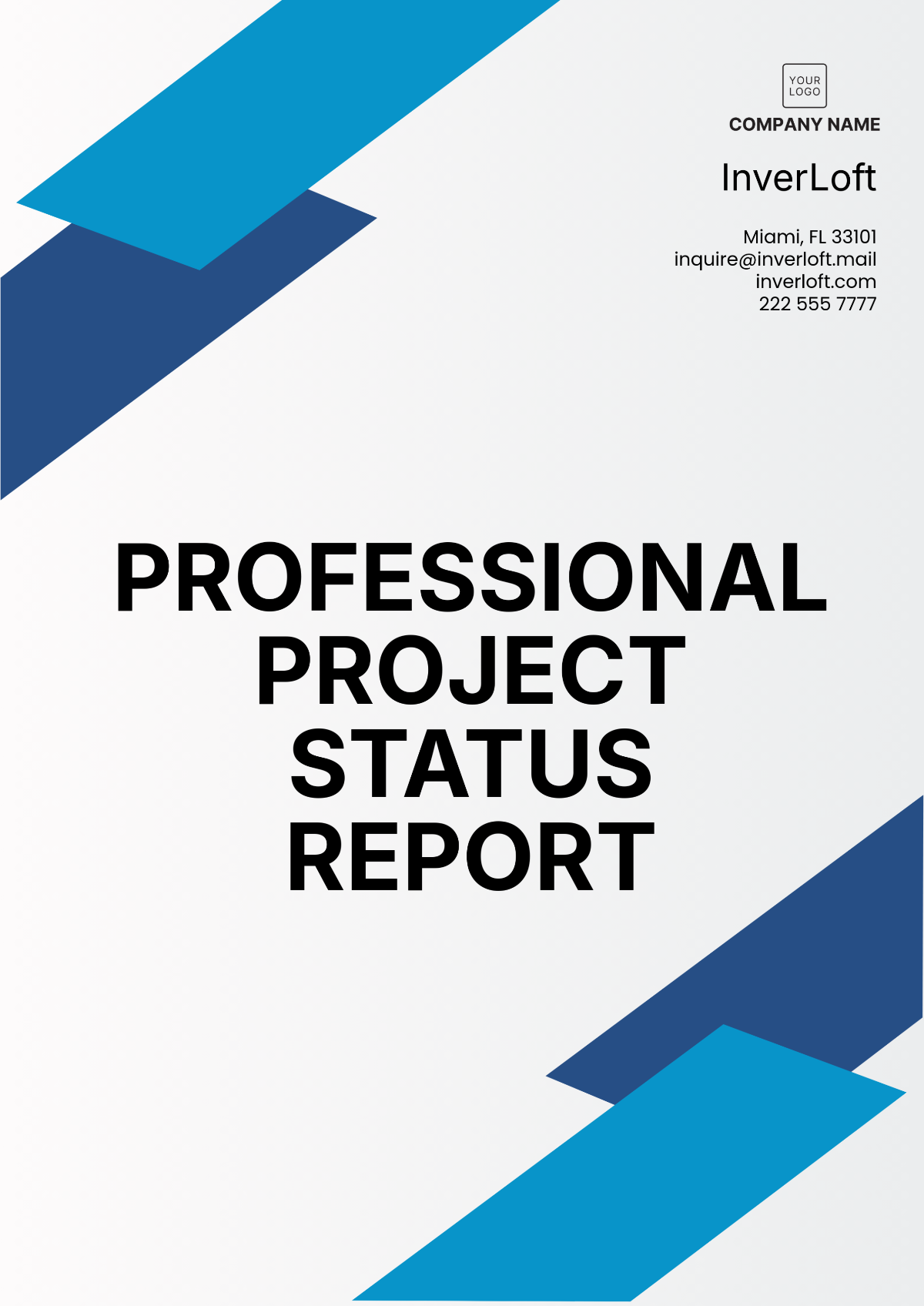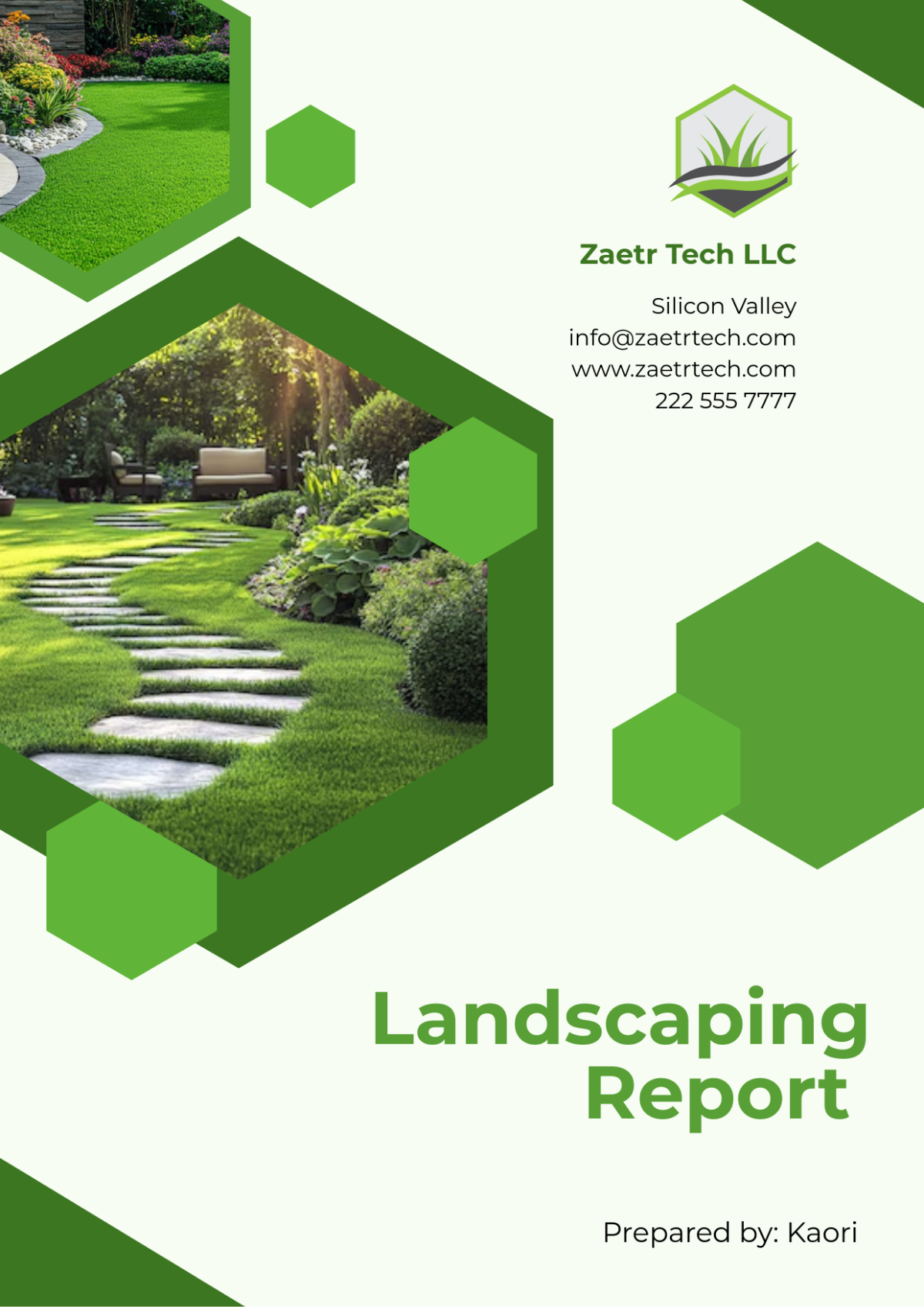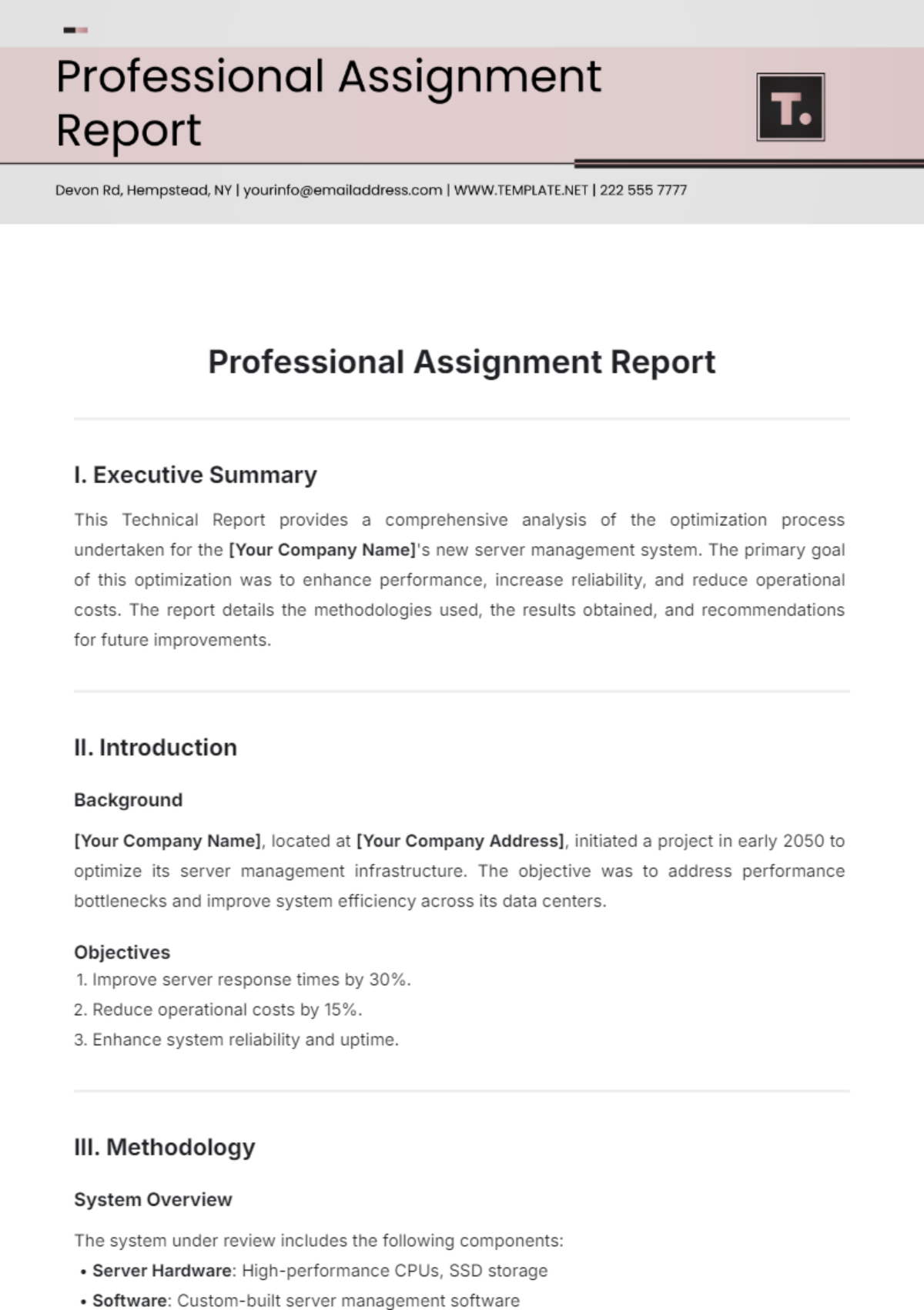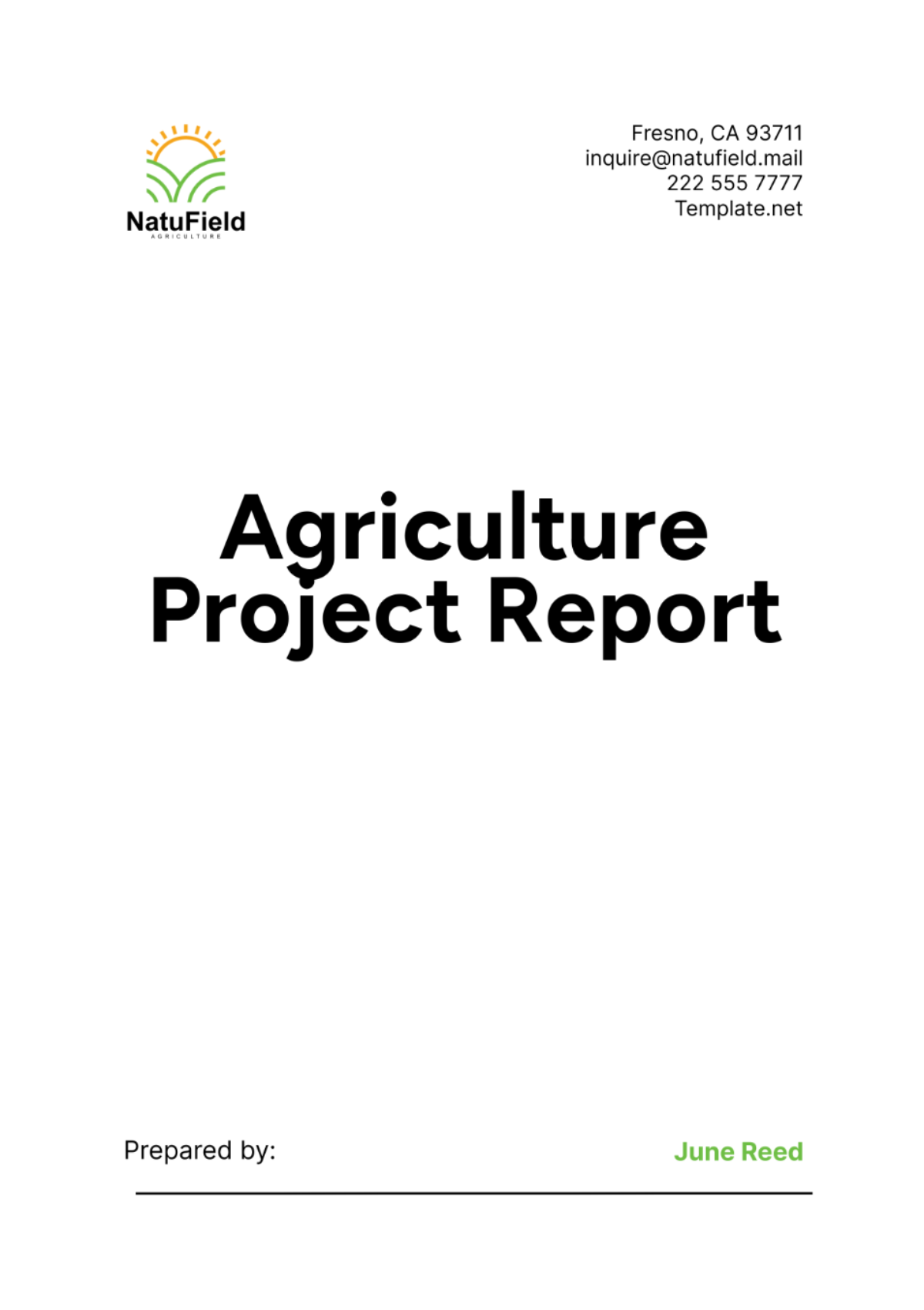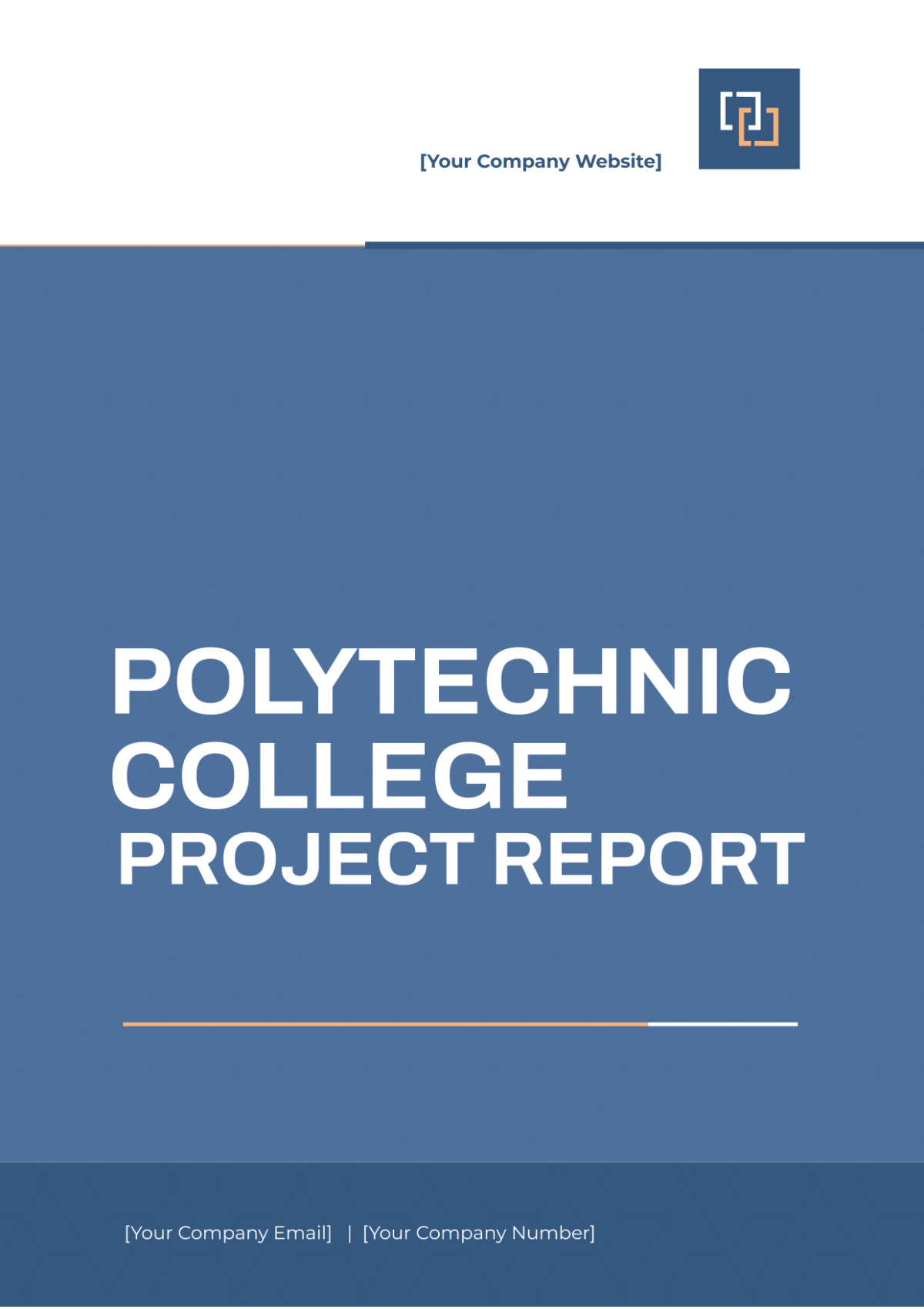Agriculture Project Report
I. Executive Summary
A. Overview of the Project
[Your Company Name]'s agriculture project aimed to assess the feasibility of implementing sustainable farming practices in a semi-arid region characterized by frequent droughts and soil degradation. Spanning over 100 acres, the project focused on integrating organic farming techniques and efficient water management systems to enhance agricultural productivity while minimizing environmental impact. Key objectives included improving soil health, optimizing water usage, and increasing crop yields of staple crops like maize and beans.
B. Key Findings and Achievements
Throughout the project duration, significant achievements included a [00]% increase in crop yield across test plots, attributed to improved soil nutrient management and the adoption of drip irrigation technologies. Soil organic matter content saw a notable rise, enhancing soil structure and fertility. These outcomes underscore the project's success in promoting sustainable agricultural practices that are economically viable and environmentally beneficial.
C. Summary of Recommendations
Based on our findings, we recommend scaling up the use of organic fertilizers enriched with compost and biofertilizers to further enhance soil health and fertility. Additionally, promoting the widespread adoption of drip irrigation systems among local farmers is crucial for sustaining water resources in the face of climate variability. Continued research into drought-resistant crop varieties tailored to regional climate conditions is also recommended to bolster agricultural resilience.
II. Introduction
A. Background and Context
The semi-arid region targeted by our project faces ongoing challenges related to water scarcity and soil erosion, exacerbated by climate change impacts. Traditional agricultural practices have struggled to maintain productivity levels, prompting the need for innovative approaches to ensure food security and sustainable livelihoods for local communities. Our project sought to address these challenges by integrating scientific research with practical field applications to foster agricultural sustainability.
B. Objectives of the Project
The primary objective was to evaluate the efficacy of sustainable farming practices in improving agricultural productivity and resilience in semi-arid conditions. Specific goals included assessing the impact of organic soil amendments on crop yield, evaluating the water-saving potential of drip irrigation systems, and disseminating knowledge to local farmers on sustainable agricultural techniques. By achieving these objectives, we aimed to set a precedent for scalable solutions that balance agricultural production with environmental conservation.
C. Scope and Methodology
The project spanned a comprehensive timeline from initial planning stages through to post-harvest evaluations, encompassing soil sampling, crop rotation trials, and monthly data collection on soil moisture and crop yields. Methodologies included randomized control trials to compare outcomes across treatment and control groups, ensuring robust data analysis and scientific validity. Stakeholder engagement and participatory approaches were integral to project success, fostering community ownership and knowledge sharing.
III. Literature Review
A. Review of Relevant Literature
Extensive literature supports the benefits of organic farming practices in enhancing soil fertility and biodiversity while reducing environmental impacts such as soil erosion and chemical runoff. Studies highlight the role of organic matter in improving soil structure, nutrient retention, and microbial activity, crucial for sustaining long-term agricultural productivity. Moreover, research underscores the economic viability of organic farming systems in achieving comparable yields to conventional methods while promoting environmental sustainability.
B. Comparative Analysis (if applicable)
Comparative studies with neighboring agricultural regions demonstrate significant advantages of sustainable farming practices in mitigating climate risks and enhancing farm resilience. Comparisons between conventional and organic farming systems reveal lower input costs and improved profitability over the long term for farmers adopting sustainable practices. These findings provide a compelling rationale for scaling up sustainable agriculture initiatives and integrating them into broader agricultural policies and development strategies.
IV. Project Implementation
A. Project Planning and Timeline
The project planning phase involved detailed consultations with local farmers, agronomists, and environmental experts to identify suitable crops and sustainable practices tailored to the region's agro-ecological conditions. A timeline was established, spanning 12 months from land preparation and crop selection in January to harvest and data analysis in December. Weekly progress meetings ensured alignment with project milestones and adaptation to unforeseen challenges such as weather fluctuations.
B. Resources Allocation
Financial resources totaling $[00] were allocated for infrastructure development, equipment purchase, and capacity-building workshops for 50 local farmers. Human resources included a project manager, two agronomists, and five field technicians responsible for soil testing, crop monitoring, and farmer training sessions. Additionally, partnerships with local NGOs and government agencies facilitated access to technical expertise and regulatory support essential for project implementation.
C. Challenges Faced
The onset of our agricultural project encountered several significant obstacles. One of the primary challenges was the resistance exhibited by traditional farmers towards embracing modern farming techniques. These farmers were accustomed to their conventional methods, and thus, exhibited a certain level of reluctance and skepticism when introduced to new and advanced agricultural practices. In addition to this resistance, we also faced numerous logistical difficulties, particularly in the procurement and installation of drip irrigation systems. The process of sourcing these systems, transporting them to the respective locations, and ensuring their proper installation presented a considerable logistical challenge.
Adverse weather, with irregular and unpredictable rainfall, forced us to constantly adjust our irrigation and crop management to use water efficiently and meet agricultural goals.
D. Solutions Implemented
Challenges were mitigated through continuous farmer education programs and hands-on training sessions demonstrating the benefits of organic fertilizers and drip irrigation systems. Collaborative efforts with local extension services and community leaders fostered trust and encouraged broader adoption of sustainable agricultural practices. Monitoring and evaluation mechanisms were established to track progress and promptly address emerging issues, ensuring the project's success despite initial setbacks.
E. Impact Assessment
Preliminary data analysis reveals promising results with a [00]% increase in maize yield and a [00]% reduction in water consumption per hectare compared to traditional farming methods. Farmer surveys indicate high satisfaction with the project's outcomes and increased interest in expanding sustainable practices to additional land parcels. These early indicators suggest a positive trajectory towards achieving long-term agricultural sustainability and resilience in the region.
V. Results and Findings
A. Data Collection Methods
Data collection utilized both quantitative and qualitative methods, including soil nutrient analysis, crop yield assessments, and farmer interviews. Soil samples were collected bi-monthly from experimental plots and analyzed for pH levels, organic matter content, and nutrient concentrations using standardized laboratory protocols. Crop yields were measured at harvest time, with data recorded on a plot-by-plot basis to compare outcomes across treatment groups.
B. Analysis of Results
Statistical analysis of soil nutrient data revealed significant improvements in organic matter content by [00]% and nitrogen levels by [00]% following the application of compost and biofertilizers. Crop yield assessments indicated a [00]% increase in maize production and a [00]% increase in bean yields in fields where drip irrigation systems were deployed. Comparative analysis with control plots demonstrated higher water-use efficiency and economic returns for farmers adopting sustainable practices.
C. Key Findings
Key findings highlight the pivotal role of organic soil amendments and efficient water management systems in enhancing agricultural productivity and resilience to climate variability. Improved soil fertility and nutrient availability contributed to robust crop growth and reduced input costs associated with chemical fertilizers. These findings underscore the potential for scaling up sustainable farming practices to improve food security and livelihoods in similar semi-arid regions globally.
D. Recommendations for Future Research
Future research should focus on long-term monitoring of soil health indicators and crop performance under varying climatic conditions to refine sustainable farming recommendations. Further studies are needed to evaluate the socio-economic impacts of adopting organic farming techniques on farmer income and community resilience. Collaboration with academic institutions and international research networks can facilitate knowledge exchange and innovation in sustainable agriculture practices.
E. Conclusion and Implications
The project's success in enhancing agricultural productivity while conserving natural resources underscores the viability of sustainable farming practices in mitigating climate change impacts and ensuring food security. Recommendations for policy-makers include incentivizing investments in agricultural research and extension services to promote widespread adoption of sustainable farming technologies. By prioritizing soil health and water conservation, stakeholders can contribute to resilient agricultural systems that benefit both farmers and the environment.
VI. Discussion
A. Interpretation of Results
The outcomes of the project clearly highlight the profound influence that sustainable farming practices have on various ecological and agricultural factors, particularly in semi-arid environments. These practices have led to notable improvements in soil health, water conservation, and crop productivity. One of the key improvements observed is the enhanced level of soil organic matter and nutrient availability. These improvements have not only resulted in increased agricultural yields, enabling farmers to produce more crops, but also contributed to a better soil structure.
The soil is now more drought-resistant, and farmers use drip irrigation to maximize water efficiency. This method reduces wastage by delivering water directly to plant roots, helping to maintain crop productivity despite climate variability. These practices highlight the importance of sustainable farming in promoting an environmentally balanced and productive agricultural system in semi-arid regions.
B. Comparison with Initial Objectives
The project successfully achieved its objectives of promoting sustainable agriculture by demonstrating practical solutions that integrate environmental stewardship with economic viability. By surpassing initial yield targets and reducing water consumption, the project has set a benchmark for future agricultural development initiatives aimed at enhancing food security and rural livelihoods.
These accomplishments are in harmony with the sustainable development goals set on a global scale, and they highlight the substantial potential for duplicating successful methodologies and practices within comparable agro-ecological environments all around the world.
C. Implications for Agriculture Practices
The findings have significant implications for agricultural policy and practice, advocating for the widespread adoption of organic farming techniques and water-saving technologies among smallholder farmers. Investing in soil health management and sustainable water management strategies can enhance agricultural resilience and ensure long-term productivity gains.
When stakeholders place a high priority on sustainable agricultural practices, they are able to make significant contributions to the extensive global initiatives that are focused on ensuring food security, reducing poverty levels, and promoting the long-term sustainability of the environment.
VII. Lessons Learned
A. Successes and Failures
Successes include the adoption of organic farming techniques by [00]% of participating farmers and the measurable improvements in soil fertility and crop yields. Failures included initial challenges in changing traditional farming mindsets and the need for continuous technical support in managing drip irrigation systems effectively. Overcoming these barriers required tailored extension services and ongoing capacity-building efforts to empower farmers with the knowledge and skills needed for sustainable agricultural practices.
B. Recommendations for Future Projects
We propose to broaden the scope of our outreach programs to actively engage with neighboring communities and key stakeholders. This effort aims to facilitate a robust exchange of knowledge and foster the widespread adoption of sustainable farming practices. By doing so, we seek to build a stronger, more informed network that can collaboratively work towards environmentally friendly and economically viable agricultural methods.
Foster and enhance collaborative partnerships with various governmental agencies and non-governmental organizations (NGOs) in order to secure the necessary funding. This funding will be used to expand and scale up interventions that have already proven to be successful, as well as to provide support for the development and empowerment of farmer cooperatives.
It is necessary to carry out comprehensive longitudinal studies to continuously observe and monitor the enduring effects of sustainable farming practices over an extended period. These studies should focus on evaluating the influence on various aspects such as the health and quality of the soil, the productivity and yield of crops, and the overall resilience and robustness of the communities involved in or affected by these agricultural practices.
VIII. Conclusion
A. Summary of the Project Outcomes
In summation, the detailed Agriculture Project Report underscores the profoundly transformative effect that sustainable farming practices have on various key aspects of agricultural development. These practices are instrumental in significantly enhancing agricultural productivity, all the while conserving precious natural resources and improving the quality of life for those living in semi-arid regions.
The successful attainment of the project’s objectives serves as a compelling testament to the immense potential that integrated soil management and water conservation strategies hold in tackling critical food security challenges. Furthermore, it highlights the broader implications of these strategies in fostering long-term environmental sustainability.
B. Final Thoughts
In the coming years, it is imperative that we commit to ongoing and substantial investment in sustainable agricultural practices. This commitment is crucial for nurturing and empowering farming communities that can withstand various challenges, as well as for protecting and preserving the natural ecosystems upon which they depend.
By prioritizing investment in scientific research, boosting individual and institutional capabilities through capacity-building programs, and providing strong policy support, all stakeholders can significantly contribute to global efforts to achieve the Sustainable Development Goals, ensuring both immediate benefits and a sustainable, prosperous future for coming generations.
